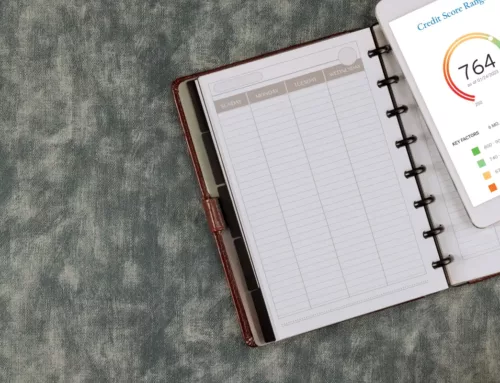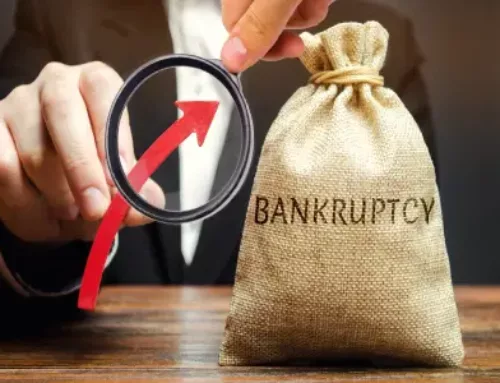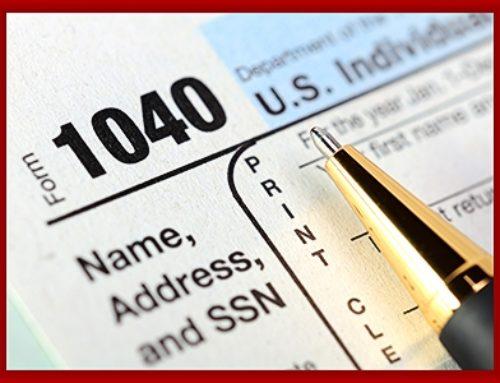Below is the third installment of a three-part series dealing with typical questions that our Phoenix clients may have regarding Chapter 13 bankruptcy.
Can Chapter 13 Reduce my Mortgage Loan or House Payments?
Chapter 13 in and of itself will not lower your monthly mortgage payment. The judge is not going to assess whether you can afford your mortgage and make changes to it; however, if your home is worth less than what you owe on your first mortgage, you may be able to strip the second mortgage off of the property.
Chapter 13 does give you years to catch up slowly on missed back payments. If you intend to keep your home, you will need to not only catch up on the back due amount over a long period of time but start making your regular monthly house payment as well.
While Chapter 13 does not lower your mortgage payment, it may make you a much more attractive prospect for a long modification in the months and years after filing. With a mechanism already firmly in place for catching up on the past due amounts, your lender may become much more willing to modify your mortgage.
Please make an appointment with Phoenix Fresh Start Bankruptcy Attorneys if you have any questions at all about Chapter 13 bankruptcy. We are happy to help.
Can Chapter 13 change my car loan or car payments?
Chapter 13 is a real lifesaver for cars if you have fallen behind or if your lender is threatening repo because once the case is filed you are shielded from repo and have no obligation to “catch up.” Chapter 13 is great for car loans in other ways as well.
If you bought your car more than 910 days prior to filing your bankruptcy, Chapter 13 can change your car payments with what is called a “cram down.” This enables you to pay the lender only what the vehicle is worth (like no more than 5.5 percent and less if that’s what your contract rate is), not the amount that you owe for the car.
This can be extremely helpful when the car is worth less than what is owed. For example, assume a client’s car is worth $10,000 but the debt is $20,000. In Chapter 13, this client may get to keep the car by paying $10,000 for it. The remaining balance of $10,000 is discharged.
Even if your car was purchased less than 910 before filing, Chapter 13 is a great tool for reducing a bad interest rate. Though you often don’t notice except for when you look at your statements and realize that your loan is never getting smaller, high-interest car loans cost you thousands more than you would otherwise pay. Interest rates higher than 5.5 percent are always reduced to that rate in Chapter 13. Reducing a 20 percent interest loan on a car loan to about 5 percent is often reason enough to file chapter 13 rather than chapter 7.
Please let me know if you have any questions regarding chapter 13 bankruptcy and what kind of treatment your home or car will receive. We are happy to help.
What is meant by “lien stripping” of a second mortgage?
Lien stripping is available only for junior mortgages, which means any mortgage that is recorded after the first mortgage has been recorded. The value of the home has to be less than the amount owing on the senior mortgage(s). This is what they mean when they say you are “upside down” on your mortgage.
If the value of the house is less than the amount owed on the first mortgage, then a motion can be filed in the bankruptcy court to remove the junior mortgages from the property. Once a junior mortgage is removed, it is no longer a lien against the house. All amounts owed on the junior mortgage become an unsecured claim in Chapter 13.
If the Chapter 13 is successfully completed, the unpaid balance owed on the junior mortgage is eliminated. This is obviously a powerful tool. It can be used to eliminate second and third mortgage amounts owing on someone’s personal residence by hundreds of thousands of dollars.
A lawyer at Phoenix Fresh Start Bankruptcy Attorneys can explain to you in more detail how lien stripping works and whether lien stripping might be a tool available for you to use to reduce your junior mortgage debt in a Chapter 13 bankruptcy.







